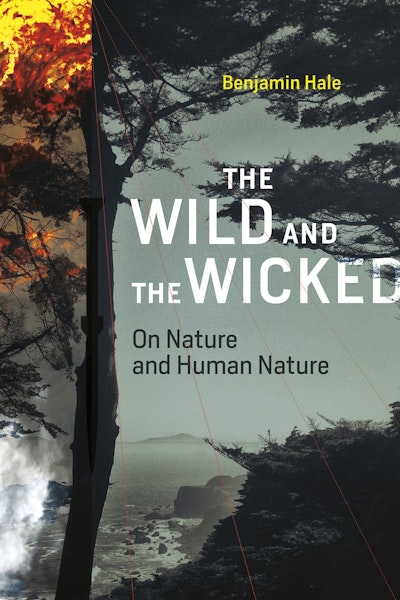- Published: 6 February 2024
- ISBN: 9780262551267
- Imprint: MIT Press Academic
- Format: Paperback
- Pages: 328
- RRP: $85.00
The Wild and the Wicked
On Nature and Human Nature
Buy from…
- Published: 6 February 2024
- ISBN: 9780262551267
- Imprint: MIT Press Academic
- Format: Paperback
- Pages: 328
- RRP: $85.00
"A fun, funny, and accessible trip through Benjamin Hale's philosophical argument for being green—even though Nature itself is amoral. The duty-based position he favors is sketched out through a series of fascinating and inventive cases—both real and fictional. You may never buy eggs the same way again."
--Emma Marris, author of Rambunctious Garden: Saving Nature in a Post-Wild World
"So you drive a hybrid and eat local food? If you think you know your climate change ethics, this book will make you think again."
--Mark Lynas, Visiting Fellow, Cornell Alliance for Science; author of The God Species: Saving the Planet in the Age of Humans
